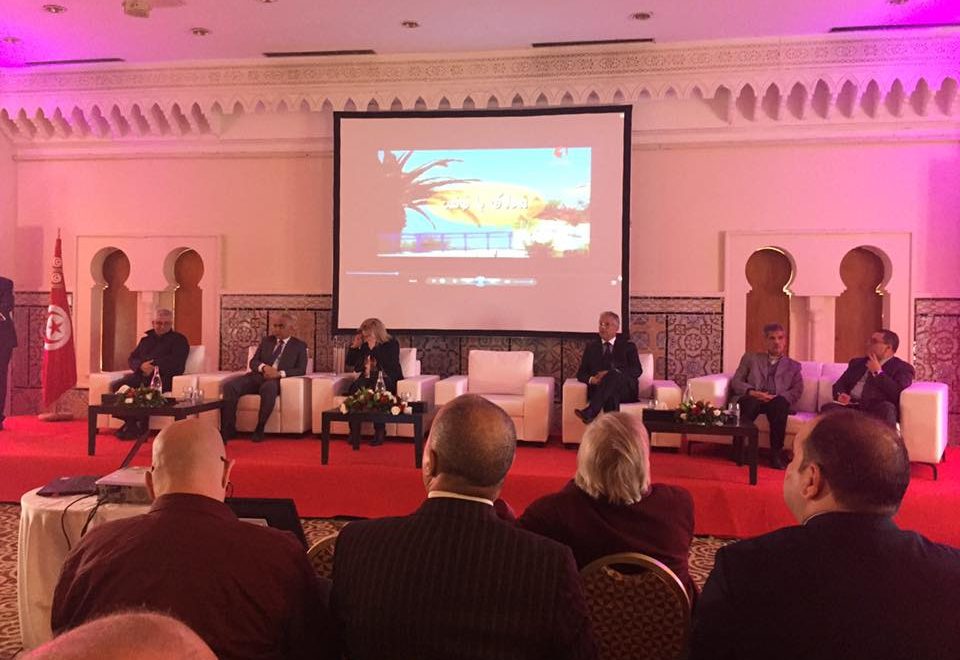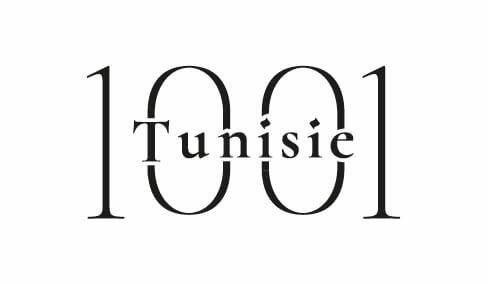
The Tunisian Federation of Hotels (FTH) voted to complete its National Council (2017-2020) during an ordinary general assembly held on 6 January 2017. Pending the election of the next BE, the presidents of Commissions and a new president, a wind of freshness and optimism blows on the profession. A profession undermined by a moribund context, a shattering of the economic model in place, profound changes in the industry and an image of tourist destination and the country more tarnished than ever. By Amel DJAIT
The new team that is taking over the FTH takes over from an old one who has closed its mandate and whose record is hardly worth stopping. It must, however, be acknowledged that it sowed the seed of transformation. And that’s not much!
“Revolutionary” and / or “new generation” FTH has fought behind the scenes to express its needs for reform and revitalization of a sub-infusion system. Before rebuilding, reinventing hotels and participating in building Tunisian tourism, it will have to amputate, clean, disinfect, dialogue, associate, propose, federate, modernize, upmarket, promote, …. Solidify and solidarize. A difficult mentality change, especially in times of lean cows, but so essential to save the legacy.
Successfully transforming a structure as sclerotic as FTH is a huge challenge. Even if bold and enthusiastic voices such as Mouna Ben Halima’s (newly elected to CN) are an elixir of youth, it is no less true that the new “dream team” advances on a field mined by too many Lost battles. Slim Dimassi, former member of the National Council is a happy-prudent. New regional president of the FTH of Monastir, he knows the structure of the interior and knows perfectly well that although a single interlocutor of the administration, this one is threatened by many other initiatives and by his own failures.
Convinced that new relationships have to be (re) constructed with the administration, but also between the members and internationally, Slim Dimassi believes that “the enormous task requires availability, vision and means. This requires the establishment of substantive dialogue, the establishment of mechanisms for commitments and transparency. We must also tackle the painful issues that everyone fears. “ While there is no doubt that FTH is a high-potential tool, everyone agrees that it is an empty shell whose image is tarnished and speech inaudible. Used as an asset, and as a crutch to an outdated administration, the FTH is above all the instrument of its own marginalization and the reflection of its failure!

The advantage with the returning team of the FTH is that she is aware of the inventory. Whether it ignores or neglects a wide range of passionate relationships between profession and administration, it is established that it wants to change its statutes, broaden membership, empower regions, review service quality, lobby, … To date, she also knows that the time for indelible support to the sector is over. If the state is committed to creating and sustaining national hotel ownership in the aftermath of independence, the current environment is more severe, if not refractory. And of that too, the new team is conscious!
This consciousness is a considerable achievement to move forward with an administration that is struggling with its own ghosts and a strongly hostile public opinion. And since the resistance still does not come from where they are expected, dissonant voices are already trying to discredit the approach and the new team before it starts working.
While the elections are, in principle, a stage of mobilization and renewal, the sounds of corridors do not already open a solidary future. Some call the arrival of young people an “intergenerational coup d’etat”, as Hédi Hamdi put it in his article on Destination.info. They believe that this pseudo-coup d’état was done in a way assisted and remotely guided by those who have always blocked the take-off!
FTH: The new tempo
For now, a page is rotated and the FTH is running. At the controls, the team is formed, pragmatic and displays great ambitions. With many supporters in the regions, from where the first signs of the protest came, she rejoiced that those who sulked her had joined her ranks. Boostée, the FTH at 31/12/2016, recorded nearly 300 active hoteliers. In terms of proportions to the number of structures in operation, this is around 70% of membership!
Finally, there is every reason to believe that the incoming team would be in the process of choosing Khaled Fakhfak as President of the FTH. Son of the late Mokhtar Fakhfakh, a leading figure in the Tunisian economy, the latter has inherited a hotel that is currently rented. Khaled Fakhfakh has a career in the banking sector and currently manages an investment fund. His next arrival is not pleasing to everyone and some accept with difficulty that a non-hotel owner represents them!
At the time, the future President will know how to take a decisive file, the debt, the financing of the sector, tourism investment. Khaled Fakhfakh can count on a voluntary team, respectful of his elders and most likely in harmony with the reconstruction of this Tunisia post 14 January.
There is no doubt that the battle will be tough as it is the very choice of Tourism as a pillar of the Tunisian economy that is at stake. Its bankruptcy serves as an alibi to its detractors for an irreversible killing. For the moment, let us bet that the energy carried by a team that resembles this Tunisia in the future will carry the faith and the voice of a brighter and serene future.

 َAbonnez-vous
َAbonnez-vous

